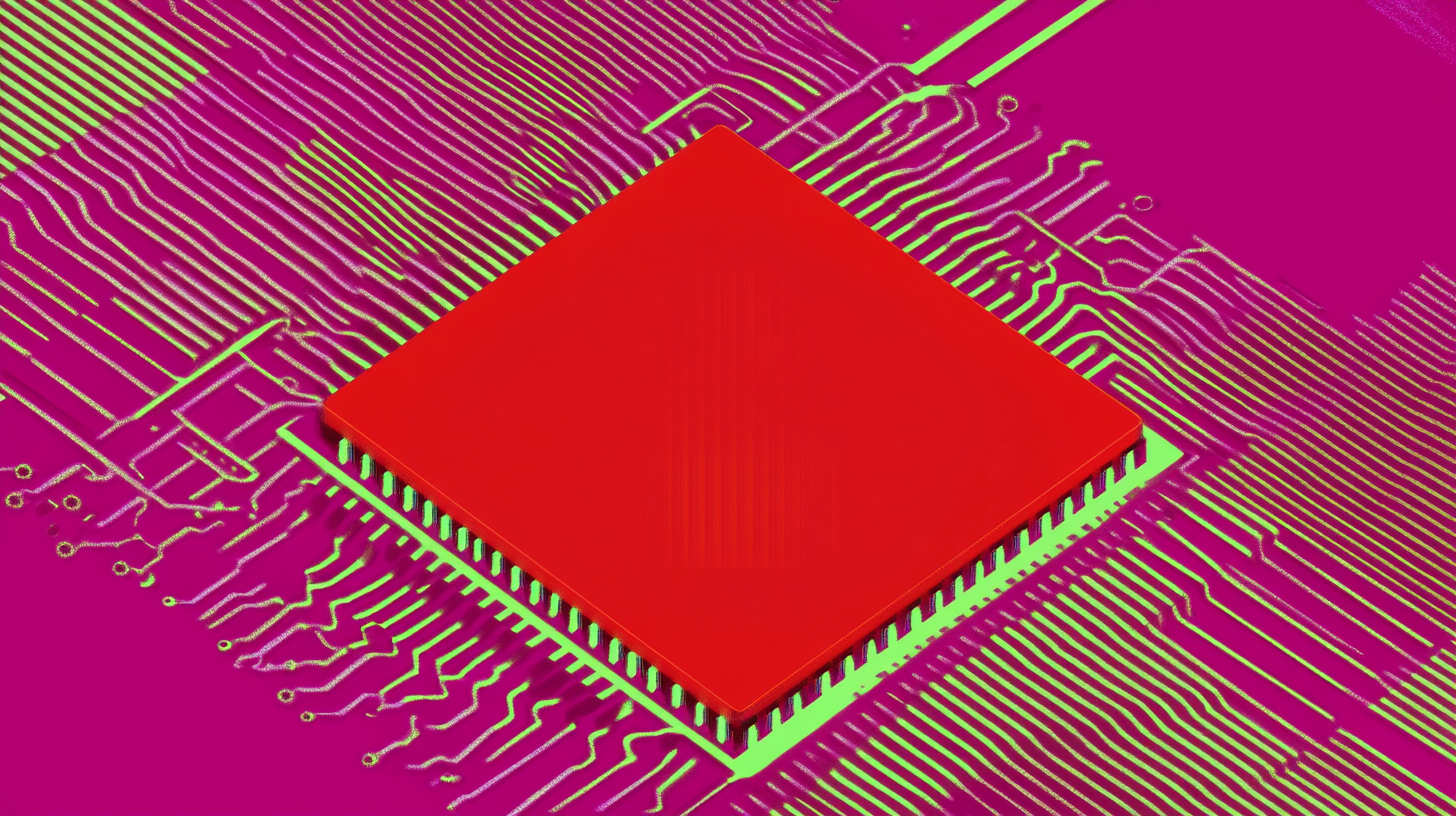Trump administration plans to further tighten chip controls on China

The new U.S. administration under Donald Trump plans to tighten restrictions on China's semiconductor industry.
Recent meetings between U.S., Japanese, and Dutch officials focused on limiting maintenance work by Tokyo Electron and ASML at Chinese chip factories, according to Bloomberg. This maintenance is crucial since the equipment quickly loses precision without regular service.
While continuing Biden's overall approach, Trump's team is pushing for even stricter measures. The administration is discussing sanctions against Chinese companies like ChangXin Memory Technologies and plans to tighten restrictions on Semiconductor Manufacturing International Corp (SMIC), Huawei's primary chip partner. Additional export controls on Nvidia chips to China are also under consideration, as reported in late January.
Biden's AI diffusion rule faces potential changes
The Trump administration is reviewing the AI diffusion rule introduced by Biden's team in their final week. This regulation divides the world into three categories:
- A group of 18 close allies, including Germany, Japan, and the UK, with unrestricted access to U.S. AI technology
- About 120 other countries, including Israel and Saudi Arabia, subject to strict quantity limits
- China, Russia, Iran, and North Korea, facing complete export bans
Cloud providers like Microsoft, Google, and Amazon can apply for special permits but must meet strict security requirements. They cannot operate more than 50 % of their AI computing power outside the U.S. and are limited to 7 % of their computing power in any country outside the closest allies.
Trump's White House is considering tightening these rules, potentially reducing the amount of computing power that can be exported without a license. Currently, chip manufacturers only need to notify the government before exporting up to 1,700 graphics processors to most countries.
Industry pushback and market impact
Nvidia CEO Jensen Huang criticized Biden's regulations, warning that they could threaten U.S. leadership in AI development. He had hoped Trump would take a less restrictive approach.
Japanese chip manufacturer stocks fell after Trump's plans became public, with Tokyo Electron dropping 4.4 %. However, in Hong Kong, SMIC shares recovered, gaining up to 2.7 %, partly due to expected support from Beijing.
Final regulations could take months to implement as Trump's appointments to key federal agencies are still pending. The overall strategy aims to prevent China from building its own semiconductor industry that could enhance its AI and military capabilities.
AI News Without the Hype – Curated by Humans
As a THE DECODER subscriber, you get ad-free reading, our weekly AI newsletter, the exclusive "AI Radar" Frontier Report 6× per year, access to comments, and our complete archive.
Subscribe nowAI news without the hype
Curated by humans.
- Over 20 percent launch discount.
- Read without distractions – no Google ads.
- Access to comments and community discussions.
- Weekly AI newsletter.
- 6 times a year: “AI Radar” – deep dives on key AI topics.
- Up to 25 % off on KI Pro online events.
- Access to our full ten-year archive.
- Get the latest AI news from The Decoder.